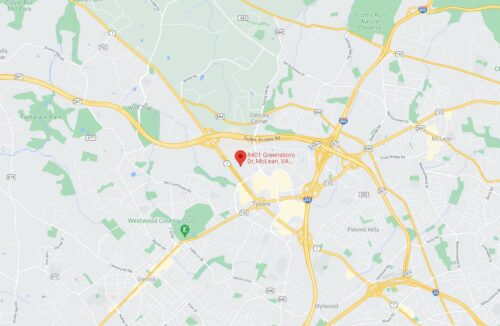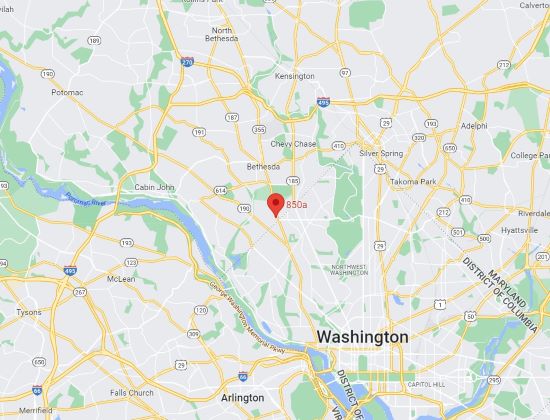How do I know the average LASIK eye surgery prices?
When a potential patient comes in for their refractive surgery consultation the first question we are asked is am I a good candidate for LASIK or PRK and the second is how much does the procedure cost? There are many places that advertise LASIK and PRK for as low as $299 per eye and other centers who charge $3000 per eye. I think this article from allaboutvision.com gives you a solid answer why the price varies so much and how do you make the right choice.
“Here are current average U.S. LASIK prices we have obtained from a leading industry analyst. The figures are based on a survey of refractive surgeons conducted for full-year 2013.
Average LASIK Eye Surgery Prices
Keep in mind that these prices are for one procedure, which means one eye only. If you’re having LASIK on both eyes, you’ll need to double the price quoted.
In 2013, the average price overall for laser vision correction was $2,073 per eye (up from $1,941 the previous year). This breaks out to averages of:
- $2,223 per eye for laser vision correction procedures (LASIK, PRK, LASEK, etc.) at surgery centers where a single price is quoted regardless of technology or vision correction requirements.
- $1,543 per eye for non-customized LASIK using a bladed instrument (microkeratome) and excimer lasers that are not guided by wavefront analysis (at centers that charge multiple prices).
- $2,177 per eye for wavefront-guided LASIK using a femtosecond laser-created flap (at centers that charge multiple prices).
In the following table, you can see the price ranges (highlighted in yellow) that are most typical right now.
Average LASIK Prices Per Eye, as Reported by Eye Surgeons
| Surgeons Charging One Price | Surgeons Charging
Multiple Prices |
|||
| Laser-Based Procedures | LASIK w/Bladed Microkeratome | Wavefront LASIK w/Femtosecond Laser Flap | Average Price of Laser-Based Procedures | |
| Average Price | $2,223 | $1,543 | $2,177 | $2,073 |
| Percentage of Surgeons Charging in the Following Ranges: | ||||
| $1,000 or less | 2% | 14% | 0% | 3% |
| $1,001 to $1,500 | 7% | 50% | 2% | 17% |
| $1,501 to $2,000 | 31% | 21% | 41% | 40% |
| $2,001 to $2,500 | 40% | 14% | 44% | 33% |
| $2,501 to $3,000 | 18% | 0% | 13% | 8% |
| More than $3,000 | 2% | 0% | 0% | 1% |
| Of the surgeons responding to the survey of 2013 prices:
– 51% charged a single price for all procedures. – 49% charged multiple prices based on technology/refractive error. |
||||
| This full-year 2013 LASIK pricing information was provided to AllAboutVision.com through special arrangement with a leading industry analyst. Typical charges by the majority of refractive surgeons surveyed are highlighted in yellow. Figures are rounded to nearest whole number. | ||||
Prices have remained fairly flat in these four categories for 2010, 2011, 2012 and 2013.
Pricing Methods
About half of the refractive surgeons in the 2013 survey said they quote a single price for laser-based procedures.
The other half quote different prices depending on the technology used and/or the amount of vision correction required by the patient.
Charging a single price means newer technologies such as customized wavefront procedures and laser-created flaps are not priced separately as “extras” that are charged in addition to a basic fee for a laser vision correction procedure.
Are Bargain Prices Available for LASIK?
Sometimes you may see offers for $499 per eye or $699 per eye — or maybe a coupon for 50 percent off. So yes, some surgery centers do offer bargain prices.
But it’s likely that:
- You might not be eligible for that price, because it is for people with lower vision correction requirements — typically, low nearsightedness only. Farsighted people and those with astigmatism are typically not eligible.
Surgery centers advertise “starting at $499” offers in order to attract patients for a consultation. While some people may pay only $499, most will end up paying more.
U.S. refractive surgeons are evenly divided between those who charge a single price for all their laser procedures and those who charge various prices according to the technology used or the severity/type of vision correction required by the patient.
- The offer price doesn’t cover all fees. For instance, you may have only a limited number of follow-up visits, and if there’s a problem, additional post-op care could cost extra.
Potential enhancement/retreatment surgeries are probably not included. And in some centers, you may even be charged for your initial consultation.
- Your procedure may be performed with older technology. This isn’t necessarily bad, but newer technologies do offer the possibility of a more precise LASIK procedure, with less risk of complications.
For example, for $499 you won’t receive custom LASIK, which includes wavefront analysis for extra-precise corrections. Nor will you receive bladeless (all-laser) LASIK.
If you’re considering LASIK for an unusually low price, make sure you get a written quote that itemizes everything in the offer. Read the fine print, and ask about all potential extra fees before going ahead with the procedure.
Although some surgery centers offer unusually low LASIK prices, in reality few patients are eligible for them. This graph shows a more realistic snapshot of average U.S. price ranges in 2013. (Pricing provided to AllAboutVision.com by a leading industry analyst.)
Prices for Other Types of Eye Surgery
Below are typical prices, per eye, for other types of refractive eye surgery. As with LASIK, the prices vary based on many factors, including your individual prescription, where you live and which surgeon you choose.
- CK: $1,500 to $2,900
- PRK, Epi-LASIK and LASEK: about the same as LASIK
- Refractive Lens Exchange (RLE): $2,500 to $4,500 per eye or more, depending on extra costs such as facility fees
Paying for LASIK with Financing or Insurance
Financing is available for LASIK and other vision surgeries. Several financing companies specialize in elective procedures and offer plans with fixed rates and long-term payments. Most LASIK surgery centers and private medical practices work with one of these companies to offer a financing plan to their patients.
Most vision insurance plans don’t cover refractive surgery because they consider it cosmetic and therefore medically unnecessary. However, some employers make arrangements with a given LASIK center (or refractive surgery center) for a special price.
Note that some large employers offer subsidized health plans that cover at least part of LASIK costs. If you work for a major company, ask about possible benefits that might cover elective corrective eye surgery procedures.
Also, Flexible Spending Accounts (FSAs) are often used to pay for laser eye surgery. This is where you can divert pre-tax salary into an account for out-of-pocket health care, if your employer offers it.
The good news is, an FSA helps you save on taxes. The bad news is, in 2013 the maximum contribution to an FSA was set at $2,500 (before, there was no official maximum, though most employers had set it at $5,000). So your FSA may not cover the entire price of LASIK for both eyes.
If you’re in the U.S. military, LASIK and other corrective vision surgery options may be available to you free of charge. Your eligibility would depend at least partly on the nature of your duties.
A final note: You may be tempted to choose a surgeon based only on the fee charged, but that may be unwise. It’s better to choose the best surgeon you can find and then, if you need it, get the most affordable financing you can.”
Source: Allaboutvision.com



